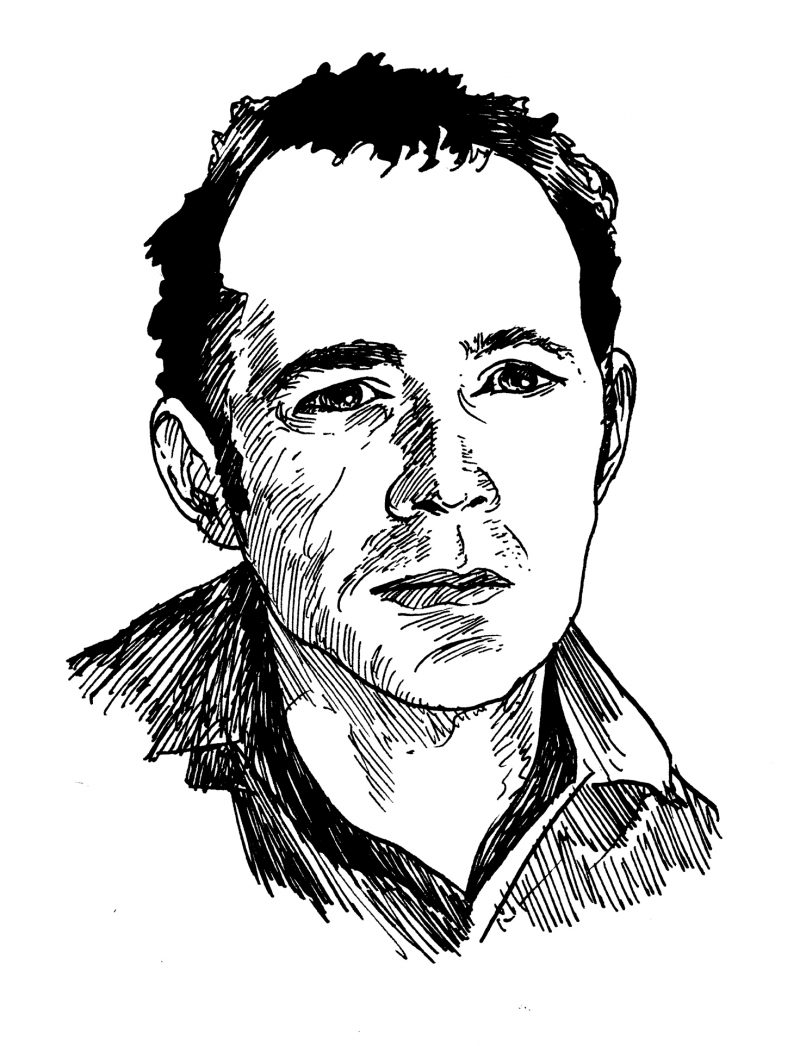My house in Cincinnati looked out on a Catholic elementary school parking lot. Often, when I should have been working or something, I sat on my front porch and smoked cigarettes and watched the students during gym class or recess hurl balls at each other. The students wore the same uniforms my classmates and I wore in Catholic elementary school thirty-five years ago (light blue shirts and dark blue pants for the boys; plaid dresses for the girls). The balls they chucked at each other were the same, too—hard, oversize rubber things that were more thud than boing, balls that other schools in other places had probably banned, or given away to Catholic elementary schools in Cincinnati.
One day, when I was smoking and watching, a boy ran up holding a ball that was much bigger than a watermelon, and probably just as soft. When he was within, oh, a foot of his victim, the boy threw the ball as hard as he could at the back of the other boy’s head. The struck boy didn’t fall, but he did stagger around a lot, and I bet he was at least a little bit concussed. Anyway, finally he stopped staggering and yelled at his attacker, “You dink!”
Mark Twain was supposed to have said, “When the end of the world comes, I want to be in Cincinnati because it’s always twenty years behind the times.” I’d put it only somewhat differently. Before I moved to Cincinnati, I hadn’t heard anyone say the word dink since I was in Catholic elementary school myself, but since I’d moved to Cincinnati, in the summer of 2001, I’d heard the word used twice. The first was a few weeks earlier, at a bar called the BarrelHouse, where I’d gone to see a band called the Ass Ponys. The Ass Ponys’ most recent (and last) album, Lohio, had just been enthusiastically reviewed in the Village Voice. Or maybe it was Rolling Stone. Anyway, I’d read the review. So had lots of other people. The bar was full. You could tell it wasn’t full very often, because it was hard to get a drink. People were buying several beers at a time, just so they wouldn’t have to bother later on. I bought three beers, and then had a difficult time figuring out how I was supposed to hold them, so I drank the first one really quickly and then put the empty glass on the bar. Then I had to hold only two beers, which was more manageable, but still pretty pathetic. I was by myself. The concert hadn’t started...
You have reached your article limit
Sign up for a digital subscription and continue reading all new issues, plus our entire archives, for just $1.50/month.
Already a subscriber? Sign in





